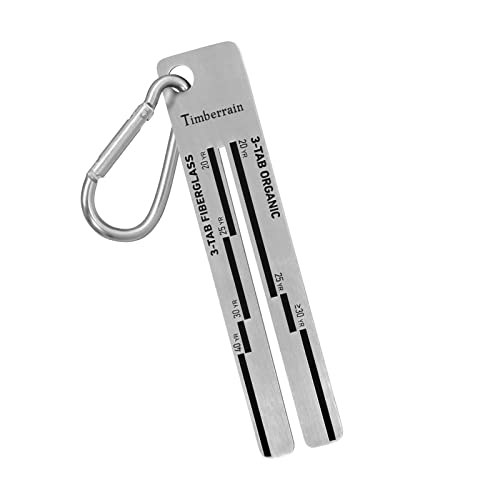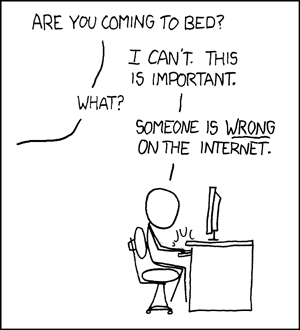Captured documentsMain article: Operation Iraqi Freedom documents
Operation Iraqi Freedom documents refers to some 48,000 boxes of documents, audiotapes and videotapes that were captured by the U.S. military during the 2003 invasion of Iraq. Many of these documents seem to make clear that Saddam's regime had given up on seeking a WMD capability by the mid-1990s. Associated Press reported, "Repeatedly in the transcripts, Saddam and his lieutenants remind each other that Iraq destroyed its chemical and biological weapons in the early 1990s, and shut down those programs and the nuclear-bomb program, which had never produced a weapon." At one 1996 presidential meeting, top weapons program official Amer Mohammed Rashid, describes his conversation with UN weapons inspector Rolf Ekeus: "We don't have anything to hide, so we're giving you all the details." At another meeting Saddam told his deputies, "We cooperated with the resolutions 100 percent and you all know that, and the 5 percent they claim we have not executed could take them 10 years to (verify). Don't think for a minute that we still have WMD. We have nothing."[114] U.S. Congressman Peter Hoekstra called for the U.S. government to put the remaining documents on the Internet so Arabic speakers around the world can help translate the documents.[115]
[edit] Small number of degraded chemical weapons recovered
On June 21, 2006 the U.S. House of Representatives Permanent Select Committee on Intelligence released key points from a classified report from the National Ground Intelligence Center on the recovery of chemical munitions in Iraq. The report stated that "Coalition forces have recovered approximately 500 weapons munitions which contain degraded mustard or sarin nerve agent." However, all are thought to be pre-Gulf War munitions.[116]






















